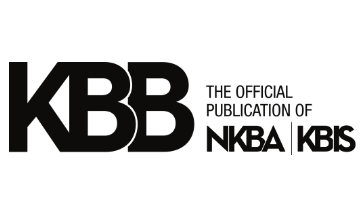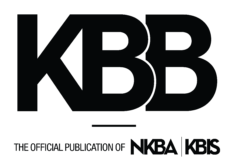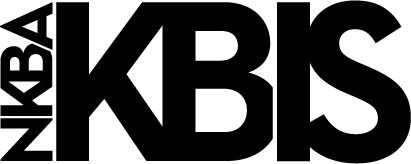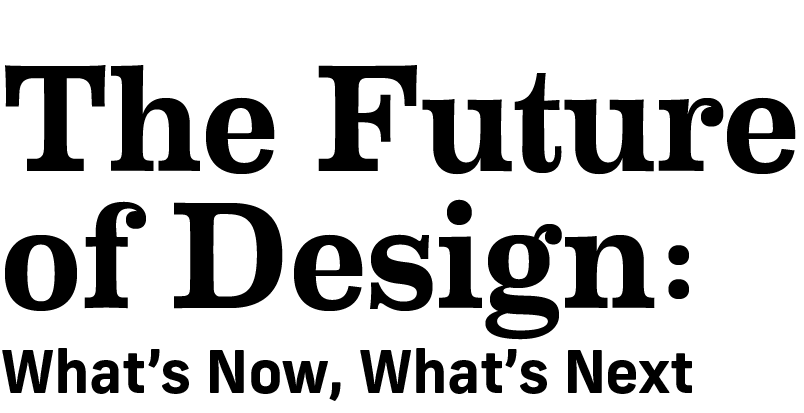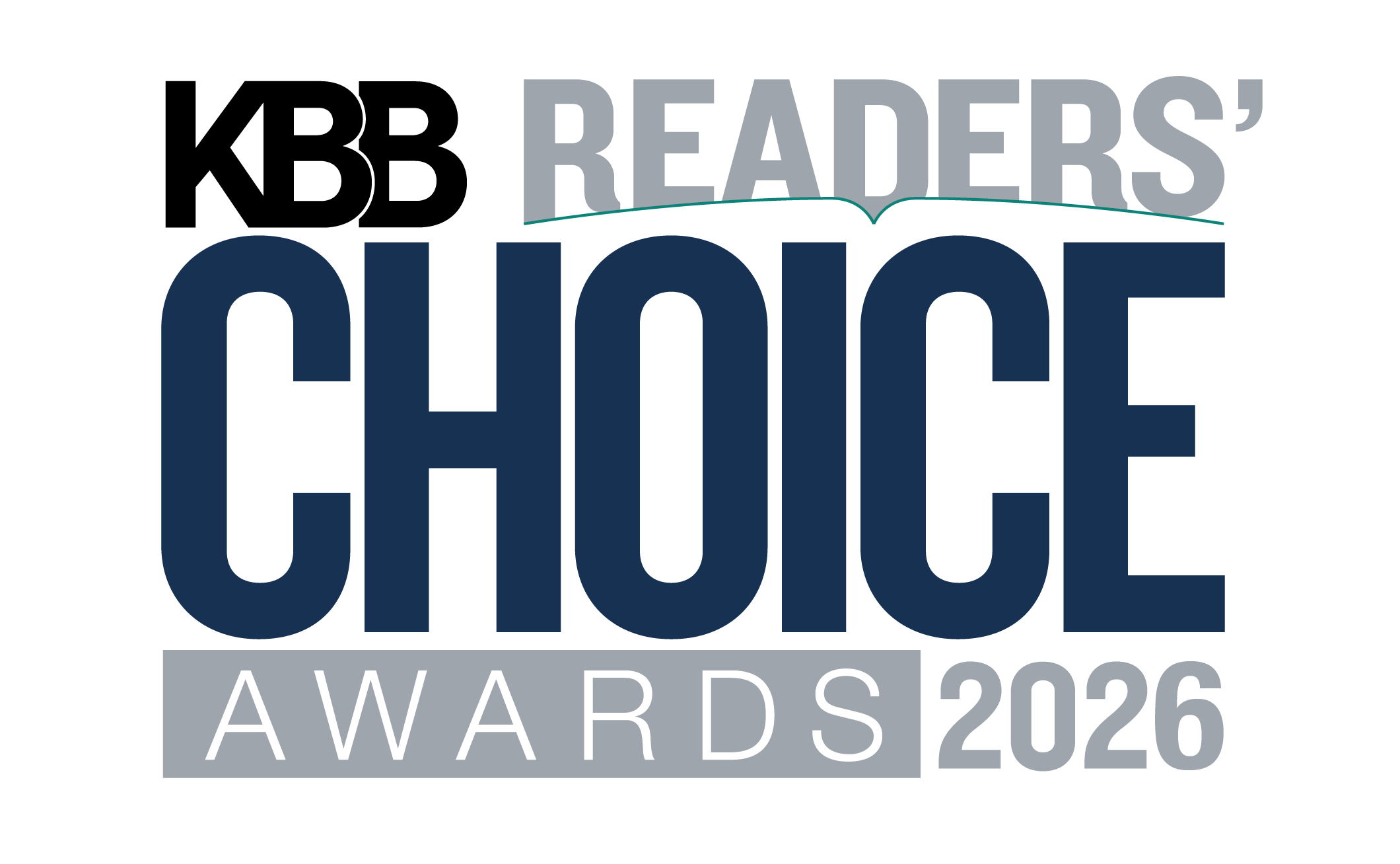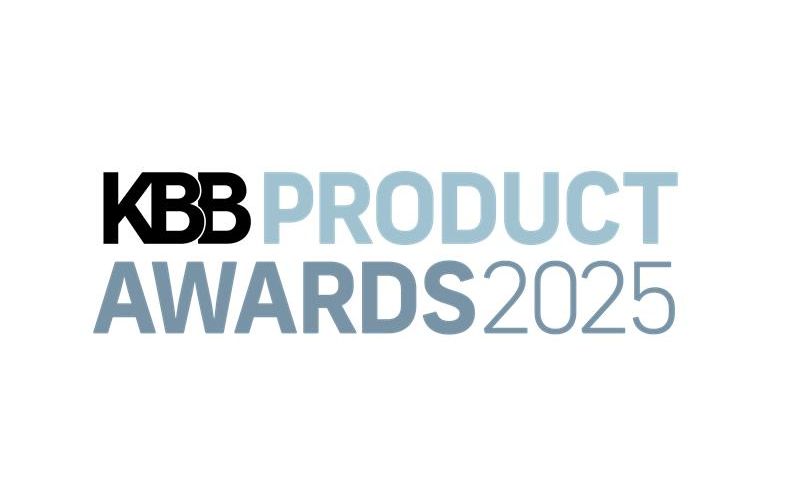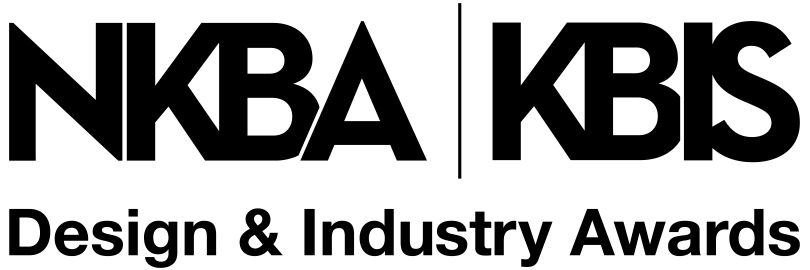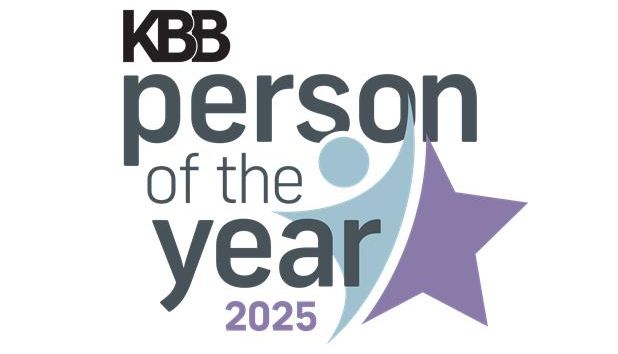While builders in the United States have seen record increases in revenue and net profit with homeowners seeking to improve their living environments because of the COVID-19 pandemic, 2022 predictions for the residential home building industry aren’t quite as positive. These findings were unveiled in the recent 2021 State of Residential Construction Industry (SORCI) report, which is sponsored by the Association of Professional Builders (APB), a business coaching service for custom home builders.
“There has been a boom in residential home construction and renovation largely due to the effects of the pandemic,” said Erik Cofield, an executive business coach with APB based in Houston. “However, this unprecedented demand isn’t sustainable and savvy builders will need to think more like accountants. Our new research reveals that custom home builders could be heading for challenging times in 2022.”
More than 1,000 builders globally participated in the survey to provide deeper insights into the residential construction industry. Data from the report revealed that 2020 was a bumper year with 46.5% of respondents globally signing more contracts than in 2019; and 50% more in the U.S. market report signing more contracts in 2020 than 2019. However, after signing a record number of fixed-price contracts, the report also found that many are not prepared for the ensuing squeeze on margins caused by the rise in material pricing and other factors.
“We’re urging professional builders to plan for the long term, so they’ll be able to weather the predicted downturn in 2022,” said Russ Stephens, APB co-founder and business strategy specialist. “This report truly highlights the current pain points for U.S. builders, and shows where they need to focus their efforts to at least meet industry benchmarks and compete to be the best in the industry.”
This concern stems from the survey, which shows that more than 55% of the builders in the U.S. never calculate their work in progress accounting adjustment, indicating that they are at significant risk of growing too quickly because they don’t understand their true financial position. Thus, they are likely to pay higher taxes and experience severe cash flow challenges, particularly when sales begin to slow down.
Nearly two-thirds of respondents had no formal sales process in place, and the vast majority (78.8%) had no succession plan to future-proof their business should the unthinkable happen. With these findings in mind, it’s no surprise builders have identified systemizing their business as one of the top priorities for 2021.
Other findings include:
- 80% of the U.S.-based home builders don’t charge for quotes; vs. 56.4% in Australia, 79.1% in Canada, 57.5% in New Zealand and 90% in the UK;
- 80% of the U.S.-based home builders do not have a business plan covering the next three years, vs. 69% in Australia, 75% in Canada and 57% in New Zealand;
- 37% of the U.S.-based home builders want to systemize their businesses; vs 36.1% in Australia, 41% in Canada, 45% in New Zealand and 60% in the UK.
The comprehensive report also dives into trends in sales, contracts, social media, marketing and advertising within the industry. Data from the report also covered insights from residential builders for lead generation, team building, project management, planning, owner’s remuneration, financials and self-development.
To find out more about the state of the residential construction industry, a copy of the report can be purchased here.
